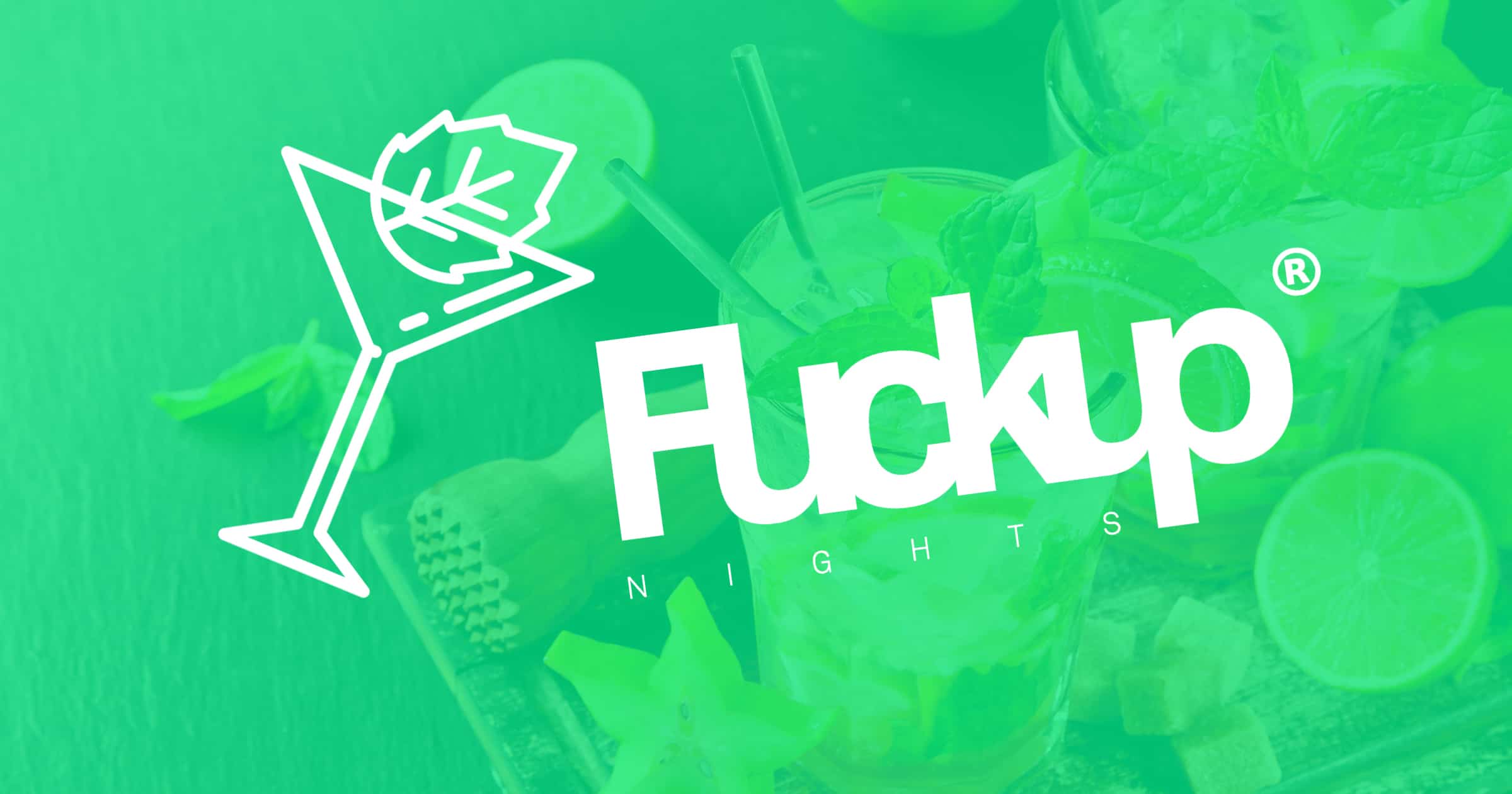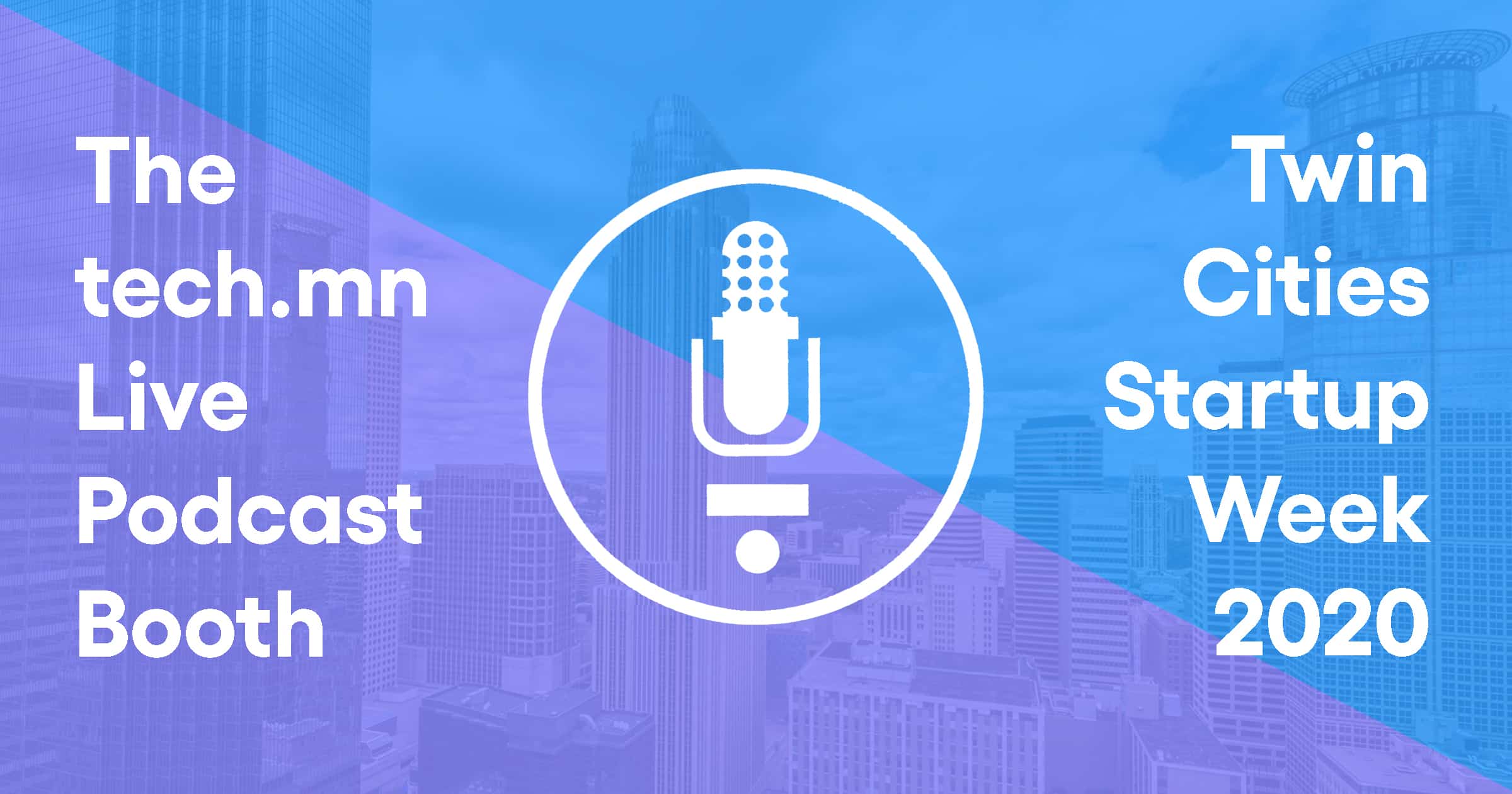Welcome to our latest FAQ Friday — on building iOS apps — where industry experts answer your burning technology and startup questions. We’ve gathered Minnesota authorities on topics from software development to accounting to talent acquisition and everything in between. Check in each week, and submit your questions here.
This week’s FAQ Friday is sponsored by The Jed Mahonis Group. The Jed Mahonis Group helps businesses strategize, design, develop, and deploy custom iOS and Android mobile applications. The company has partnered with many startups and large brands over the years to deliver software that is used by millions of people around the world, including companies such as Great Clips, Green Mill, VSI Labs, and Kwikly.
Meet Our FAQ Expert
Tim Bornholdt, Partner at The Jed Mahonis Group | @timbornholdt
Tim got his start in web development in the first grade, so he’s been building websites and apps for more than 20 years. In addition to being an accomplished software developer, Tim is also an award-winning videographer and podcaster. He currently edits the C Tolle Run podcast hosted by Olympian Carrie Tollefson, and he hosts the Constant Variables podcast where he breaks down complex mobile app development topics for entrepreneurs and product managers.
How many iOS versions should my app support?
iOS users in general are good about updating to the latest versions of iOS, which is great for you as an app owner. And with people getting new phones more frequently, a lot more users are always going to be on the latest operating system.
As a general rule of thumb, we typically suggest targeting whichever operating system is live right now and then one version back from that.
The summertime makes this tip a little tricky, however, because Apple tends to announce the newest version of iOS in June and release it in September. We would still recommend you support the latest version publicly available to customers and one prior, but you also need to make sure your app works with the upcoming version of iOS as well.
Once most of your users upgrade to the latest version, then you can phase out the older one. We usually phase out support for the oldest version after the holiday season.
If you are reading this on the day it gets published (mid-September 2020), here’s what we recommend supporting when you’re planning on building iOS apps:
- iOS 13 (the most recent publicly available version)
- iOS 12 (one version prior)
- iOS 14 (the upcoming release scheduled sometime this month)

How do I test my app with users before deploying it to the App Store?
When building iOS apps, a tool that you as a product owner are going to want to become more familiar with is Testflight. TestFlight is an app that allows you to download and test your app before pushing it to the App Store.
Within your developer account, you can have two different types of users for distributing the TestFlight: internal users and external users.
An internal user would likely be someone on your team, like the CTO, project manager, and whoever else is directly working on the project.
An external user would be someone you’ve selected to use your app and provide feedback. This is likely a trusted group of people who will actually use your app when it’s live in the App Store and provide feedback on new features.
In a real-world case, you tend to deploy more frequently to your internal testers. These are the folks who make sure features work as envisioned and test to catch any obvious bugs. Once you’re sure your team is comfortable with that version, you can send it to your external users for their feedback.
After you’ve incorporated everyone’s feedback and fixed any issues that came up, you are ready to deploy it to the App Store!
What are some common reasons why deployment is delayed on iOS?
D-U-N-S Number
If you want to have a business account on the App Store and are planning on building iOS apps, you need to verify that your business actually exists. To do this, Apple requires your business to have a D-U-N-S number. A D-U-N-S number is a unique nine-digit number that is assigned by Dun & Bradstreet, an organization that assesses the credit worthiness of a business.
I’ve seen this process take as little as a week and as long as 7 months, so if you don’t have one already, you’ll want to apply for a DUNS number early.
Privacy Policy
 We’ve been in a situation a couple of times where we go to submit an app, everyone’s excited and ready to go, and our client doesn’t have a privacy policy. Your app won’t be allowed on the App Store without a privacy policy, and nothing kills a buzz faster than needing to wait for some legalese from your lawyer.
We’ve been in a situation a couple of times where we go to submit an app, everyone’s excited and ready to go, and our client doesn’t have a privacy policy. Your app won’t be allowed on the App Store without a privacy policy, and nothing kills a buzz faster than needing to wait for some legalese from your lawyer.
You *have* to have a privacy policy. Not only is it required under international law (GDPR, CCPA, LGPD), but it’s also important to be a good steward of your users’ data and tell them how you will use it and keep it safe.
The problem with writing a privacy policy is that often you don’t know what data you’re collecting or how you are handling it until after you’ve built the app.
Even before you have a finished app, there are still some boilerplate items you can get in to start the process. Once your app is feature complete, you can get your privacy policy wrapped up.
Apple’s Two-Factor Authentication
To make things more secure, Apple requires two-factor authentication to access your developer portals for App Store Connect. Anytime your developer needs to go in and handle something on App Store Connect, Apple will ask you to two-factor authenticate with them, which can cause delays in deployment or writing code if your team is developing at 11 o’clock at night and you’re not awake to give them the security code right when they need it.
Something helpful you can do with this process: if you trust your development team or the project manager, you can make them a user on the account so they can authenticate it themselves.
For more iOS development tips, including painful memories around why you shouldn’t install a beta OS on your primary phone, check out this podcast episode.
Still have questions? Ask Tim and The Jed Mahonis Group team questions on privacy and more on Twitter at @timbornholdt.






